
The US Department of Energy (DOE) Building Technologies Office (BTO) has selected the 2021 cohort of Innovation in Buildings (IBUILD) Graduate Research Fellows.
The goal of the IBUILD Fellowship Program is to strengthen the pool of well-trained PhD scholars with multidisciplinary scientific backgrounds who are equipped for research-intensive building technologies careers in academia, industry, and the national labs. IBUILD Fellows will receive research and educational support to conduct innovative research at their home institution in an area with demonstrated relevance to building energy efficiency. In addition to funding high quality research, the fellowship will provide professional development, mentoring, and networking opportunities.
Meet the 2021 Cohort

Jaime Ayala
Jaime Ayala is a first-year chemistry PhD student at Texas A&M University. His research focuses on using nanostructured vanadium oxides to “retrofit” thermochromic switching capability onto existing windows, allowing them to selectively control solar heat gains.
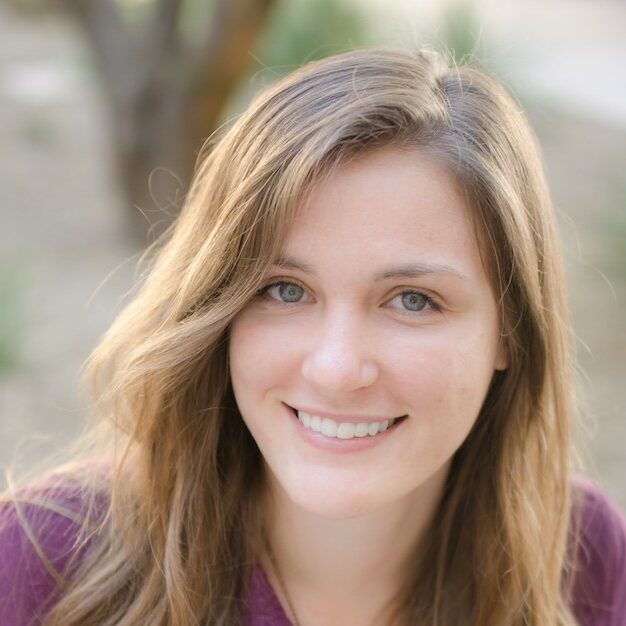
Katherine Bradford
Katherine (Katy) Bradford has a master’s degree in architectural engineering from Arizona State University and will be entering the Georgia Institute of Technology’s Civil Engineering PhD program (Structural Mechanics and Materials) in the fall. Her proposed research will develop 3D- printing techniques for turning cellulose fibers into construction-ready wood products.
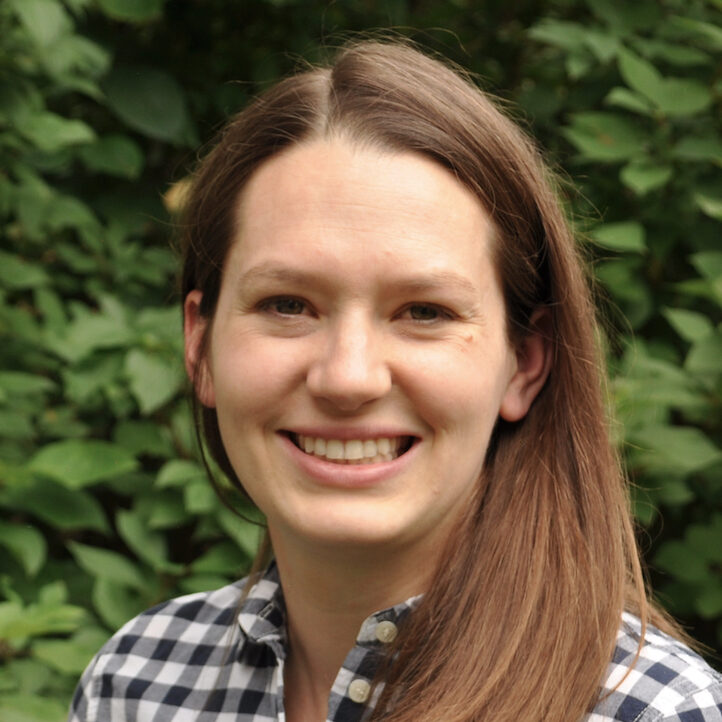
Kathryn Hinkelman
Kathryn (Katy) Hinkelman is an architectural engineering PhD student at the University of Colorado–Boulder, currently in her third year. Her research looks at integrated community-scale energy systems—systems that integrate buildings, electric vehicles, distributed generation and storage, and shared thermal systems—and specifically at control algorithms for these systems that are inspired by natural ecosystems.
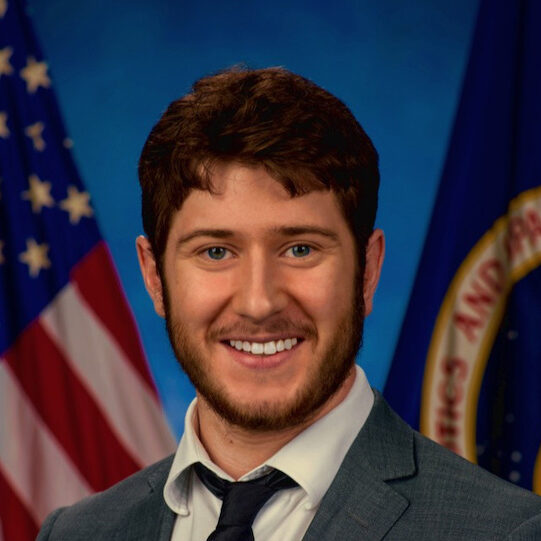
Jordan Kocher
Jordan Kocher is a second-year mechanical engineering PhD student at the Georgia Institute of Technology. For his project, Jordan will examine a novel nonvapor compression air-conditioning technology that uses thermoresponsive polymers that absorb moisture at certain temperatures and expel it at higher temperatures. This behavior can be managed in a cycle to dehumidify air.
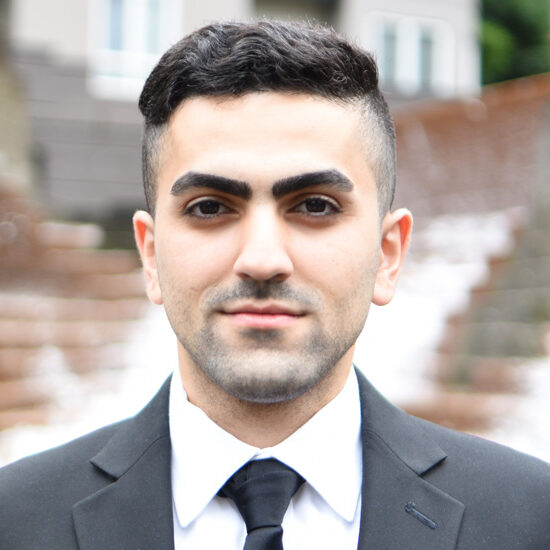
Rawand Rasheed
Rawand Rasheed is a second-year PhD student at Rice University. Rawand’s research looks at dehumidification strategies for removing moisture from the air using hygroscopic (moisture-absorbing) aerosol mists and then separating the water and regenerating the hygroscopic material using inertial filtering.
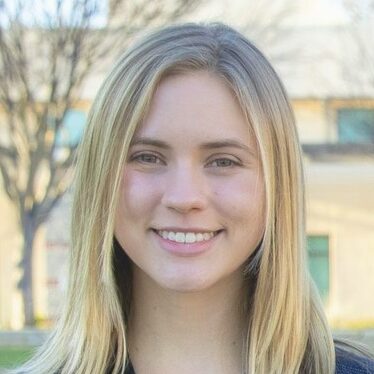
Kate Rivera
Kate Rivera is an undergraduate senior in mechanical engineering at the University of California–Davis and will be starting her doctoral studies in the fall. Her proposed research looks at integrating thermochemical energy storage, a type of chemical storage that is charged by and discharges heat into multifamily residential HVAC applications.
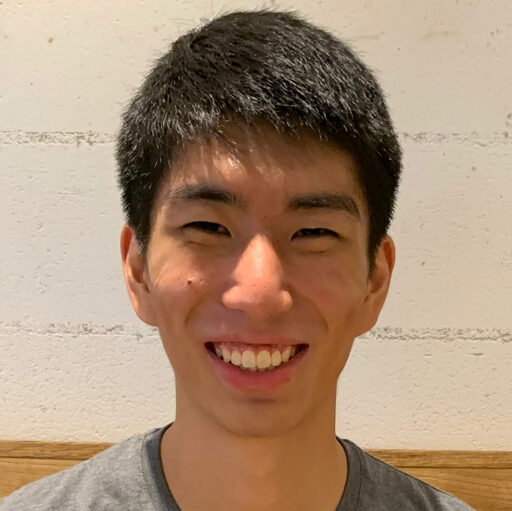
James Zhang
James Zhang is currently completing a master’s degree in mechanical engineering at the Massachusetts Institute of Technology and will be starting his PhD work in the fall. James’ research focuses on developing supermoisture-adsorbent gels using combinations of hygroscopic and thermally active polymers for dehumidification processes.
Finalists
The IBUILD Fellowship team also selected six finalists who distinguished themselves during the application and interview process. Although they will not receive direct financial support, they will be able to take advantage of mentoring, networking, and internship opportunities.
Cory Dinkle
Cory Dinkle is an undergraduate senior in mechanical engineering at Oregon State University and will be starting his PhD work in the fall. His research looks at integrating thermochemical energy storage into domestic water-heating systems.
Jill Ferguson
Jill Ferguson will be starting a doctoral program at Stanford University in the fall. She proposes to develop utility resource planning models that use tariff-on-bill financing mechanisms—in which homeowners share the costs and benefits of energy-efficiency projects—to support widespread residential decarbonization. Jill has a bachelor’s degree in materials science engineering from the University of Virginia.
Andrew Fix
Andrew Fix is a second-year PhD student in mechanical engineering at Purdue University. He is investigating the use of vapor-selective membranes for dehumidification applications.
Matthew Jungclaus
Matthew Jungclaus is a first-year architectural engineering PhD student at the University of Colorado–Boulder. His research looks at developing a technical benchmarking methodology for embodied carbon use in US buildings.
Benjamin Marshall
Benjamin (Ben) Marshall is currently completing his master’s degree in architectural engineering at the University of Texas–Austin and will be starting his PhD work in the fall. His proposed research looks at dehumidification membranes that rely on geometrical and electrochemical properties to extract water rather than on temperature-controlled properties.
Habilou Ouro-Koura
Habilou Ouro-Koura is a second-year mechanical engineering PhD student at Rensselaer Polytechnic Institute. His research looks at using phase change materials in a combined thermal–electrical cycle for on-site electricity generation.